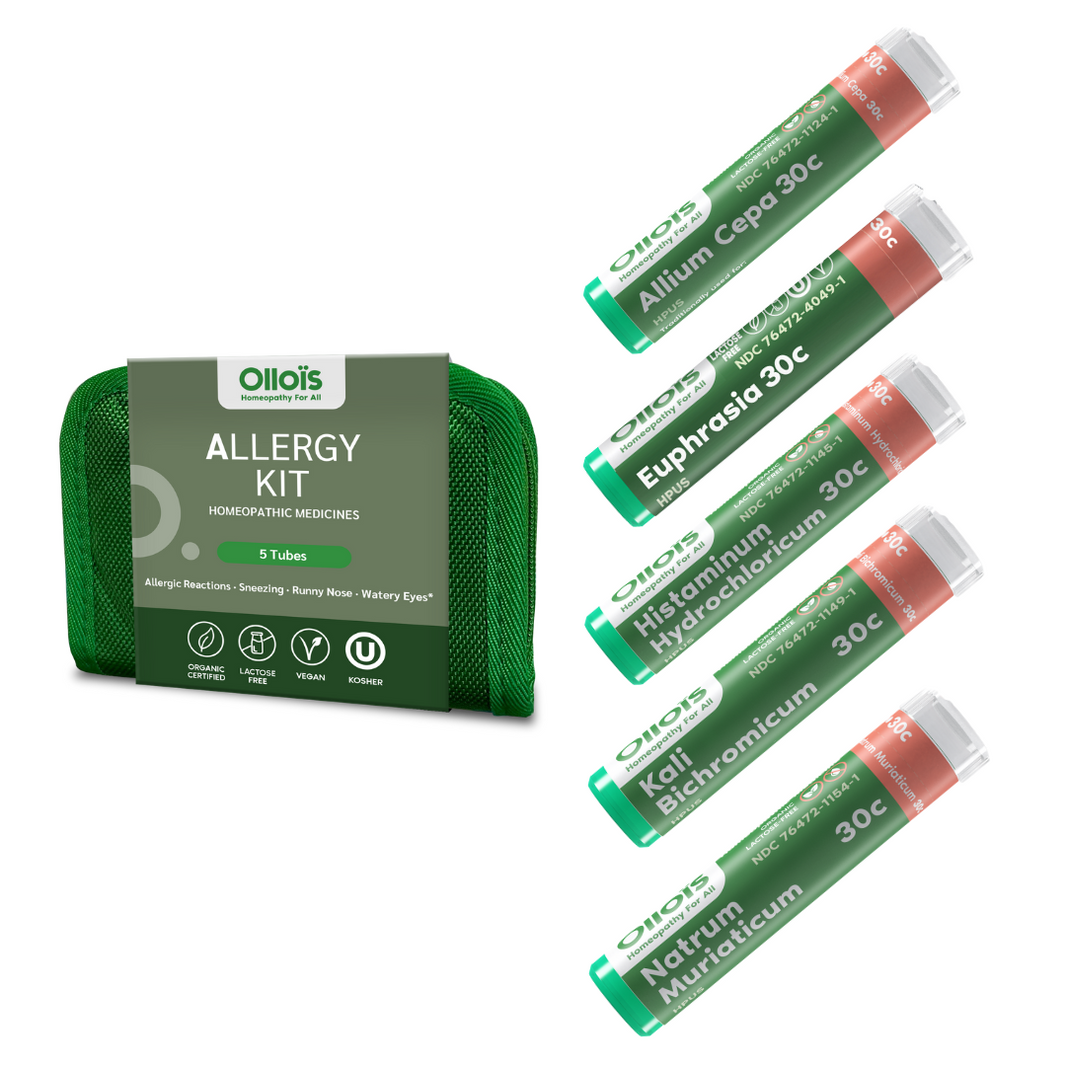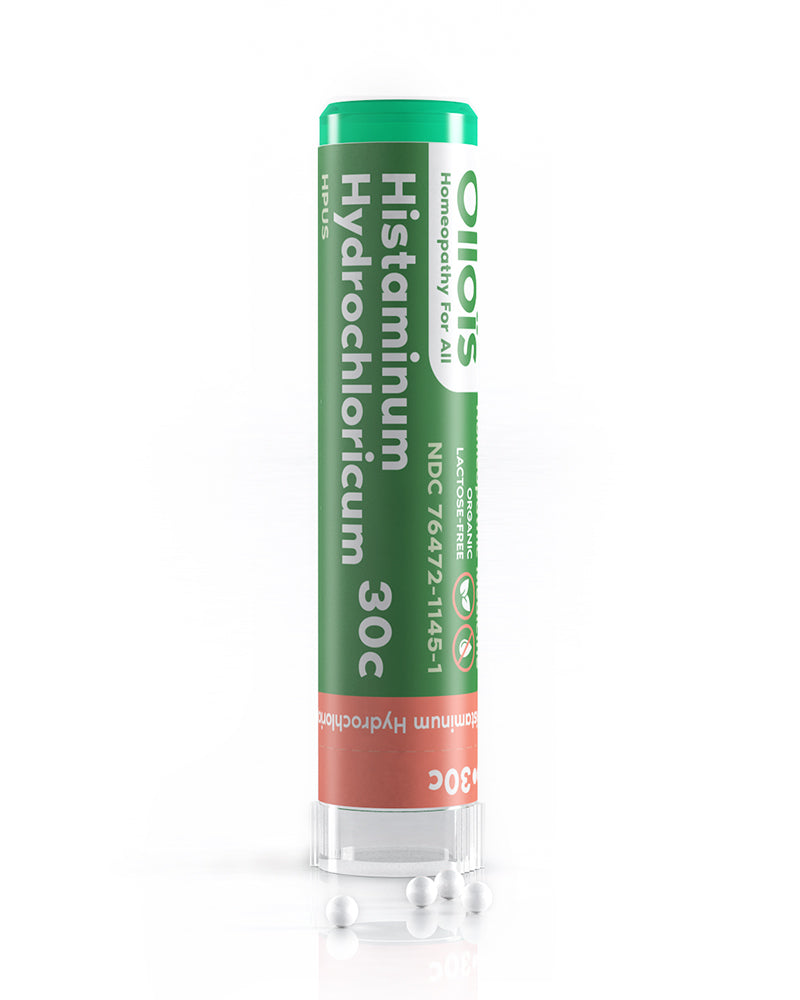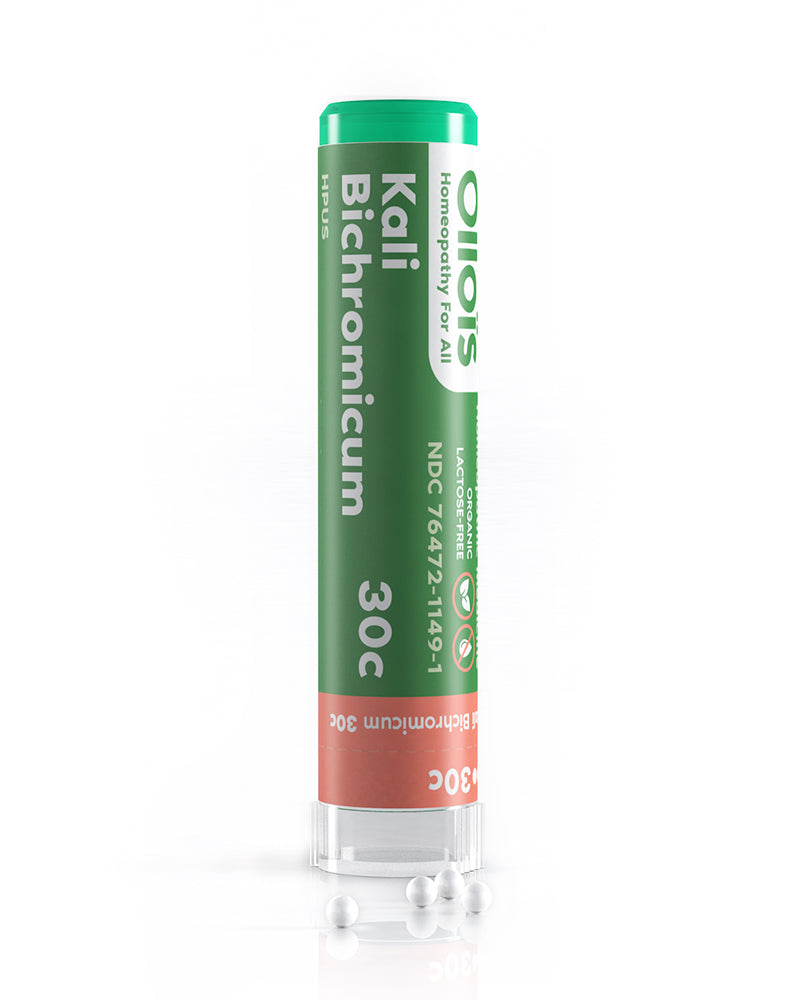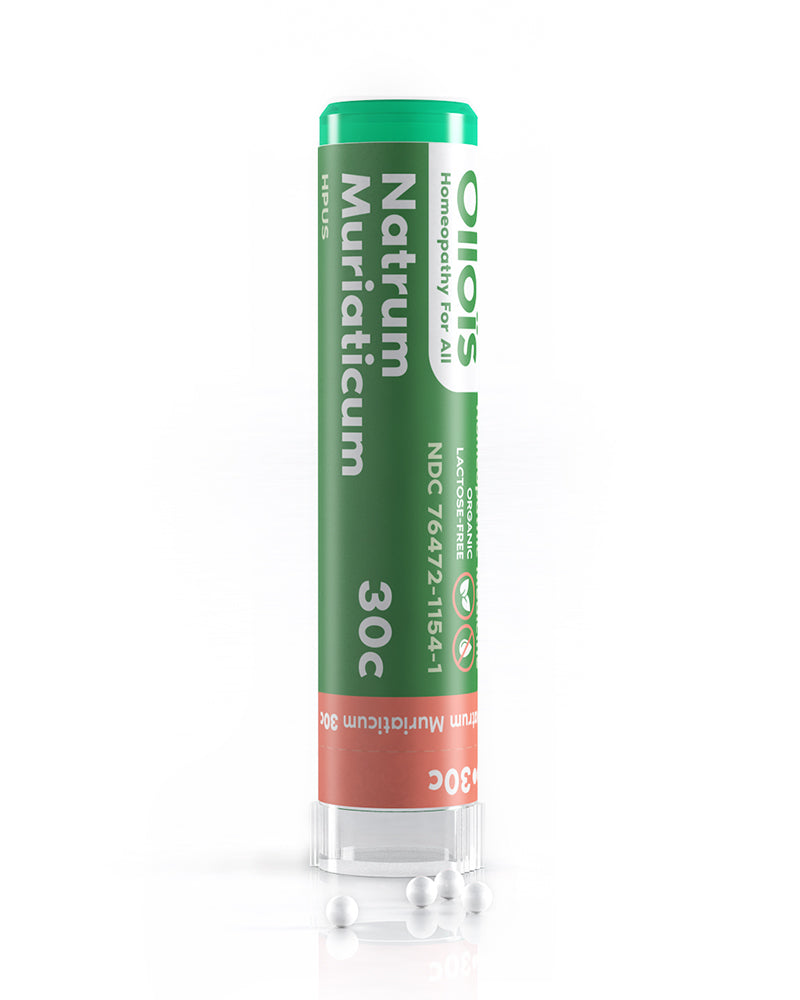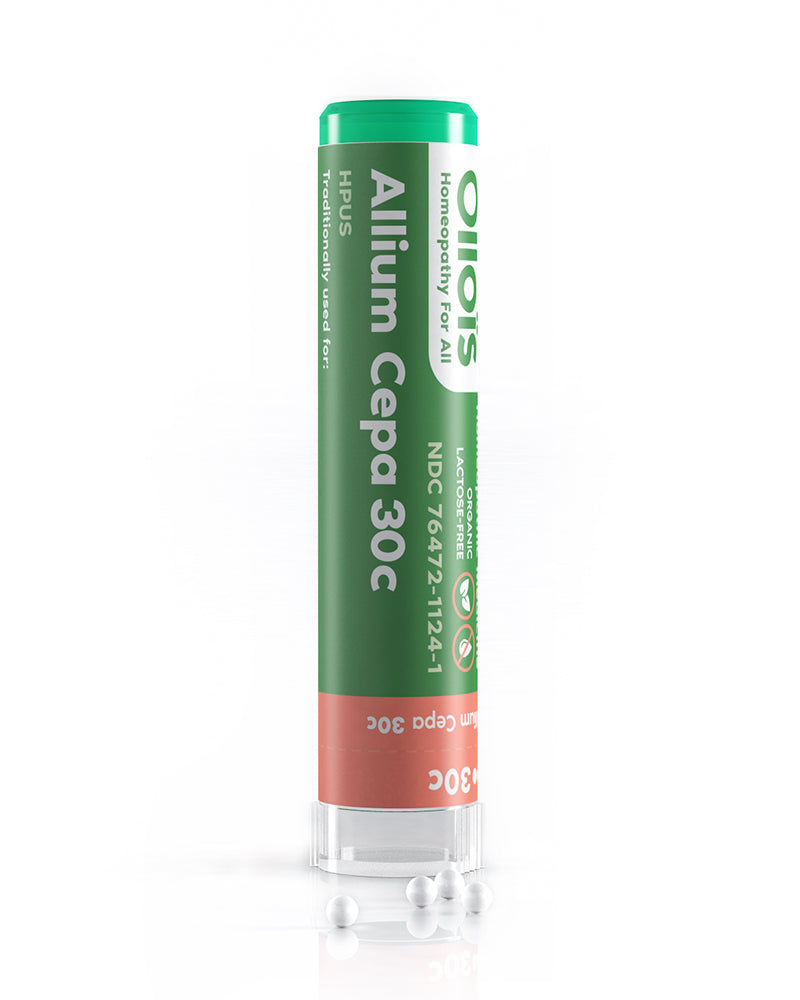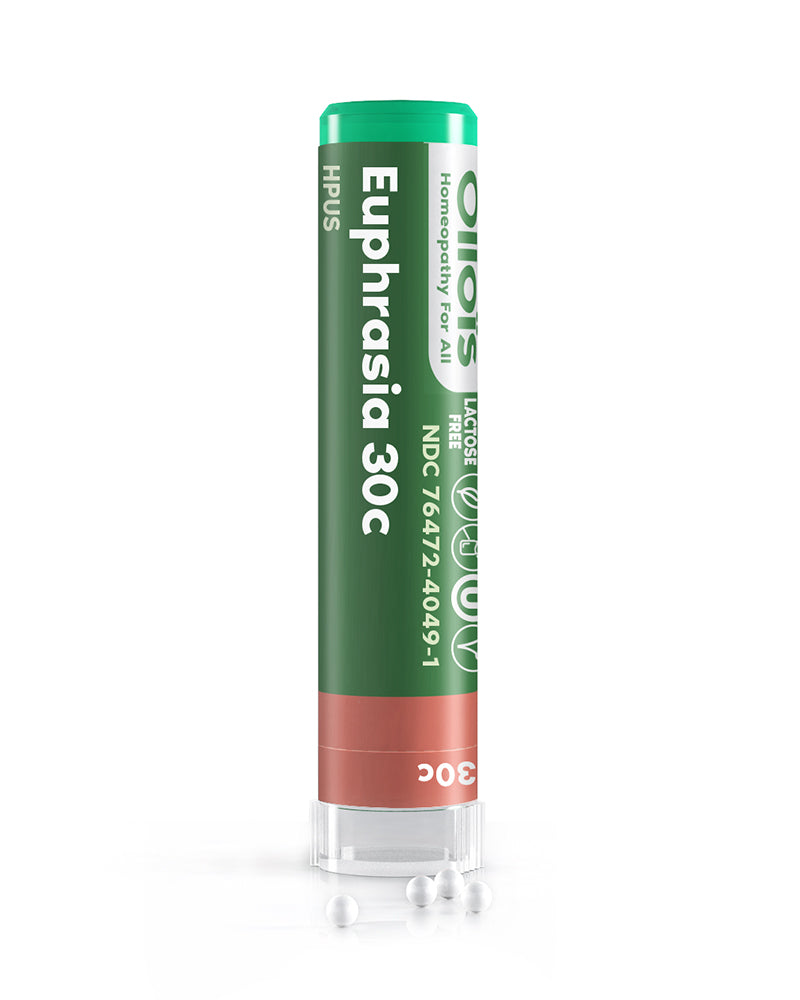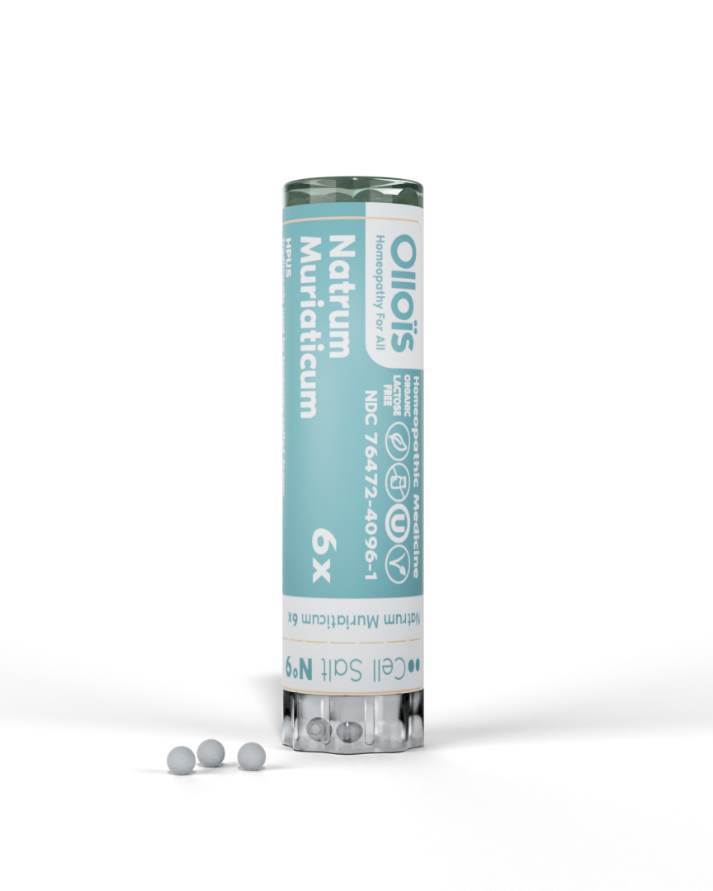Collection: Homeopathy For Allergy Relief
Homeopathic Allergy Kit
Histaminum Hydrochloricum
Kali Bichromicum
Natrum Muriaticum
Allium Cepa
Euphrasia
Cell Salt N°9 Natrum Muriaticum
Allergies can occur when your immune system overreacts to a foreign substance entering your body such as pollen, pet dander, or the ingestion of certain foods. For those with allergies, the immune system will incorrectly identify these foreign substances as harmful, triggering the body’s natural defense systems.
FAQ
What is Homeopathy?
Homeopathy is a medical practice based upon the body's ability to heal itself, and the principle that "like cures like" or the Law of Similars: that is, if a natural substance causes a symptom in a healthy person, a very small amount of the same substance may help relieve symptoms of the illness. Homeopathic medicines enhance the body's normal healing and self-regulatory process.
How do I take homeopathic medicines?
Homeopathic medicated pellets contain only a little of an active ingredient for treatment of disease. These are known as highly diluted or "potentiated" substances. Homeopathic medicines should be placed under the tongue of adults and children or in the cheek of an infant, where they will dissolve. It is preferable to take homeopathic medicines apart from meals. The dosage is not related to the weight and age of the patient. In general, dissolve 5 pellets 3 times a day until symptoms are relieved or as directed by your health Care Professional.
Is there evidence that Homeopathy works?
There are literally hundreds of high quality, published basic sciences, pre-clinical and clinical studies showing that homeopathy works. These studies have been published in respected journals like Lancet, Pediatrics, Rheumatology, and Annals of Internal Medicine, among others.
A great source of high quality research in homeopathy at an
international level is the Homeopathic Research Institute in the U.K. headed by physicist, Dr Alexander Tournier. Click below to learn more about their studies and rigorous methods.
Is Homeopathy regulated?
The U.S. Congress passed a law in 1938 declaring that homeopathic remedies are to be regulated by the U.S. Food and Drug Administration (FDA) in the same manner as nonprescription, over the counter (OTC) drugs.
Is Homeopathy new?
The Law of Similars has been known since at least the time of Hippocrates (ca. 400 B.C.), but it was doctor and chemist Samuel Hahnemann who fully stated the ideas of homeopathy in the early 1800's in Germany. He discovered the truth of the Law of Similars by testing small doses of medicine on himself. Although there is wider acceptance of homeopathy in countries such as France, Germany, Mexico, Argentina, India and Great Britain, we have seen a greater interest in homeopathic medicine in the USA recently. In fact, the family doctor to England's Queen Elizabeth is a homeopathic physician.
What is the difference between the dilutions?
30C dilutions are traditionally used in Homeopathy to address general and chronic symptoms.
200CK dilutions are usually recommended by healthcare practitioners when there is an emotional component associated with physical symptoms.
Which base ingredient do you use for your pellets?
Our pellets are made from Organic Beet Sucrose exclusively grown in Europe. We then impregnate the pellets with the homeopathic dilution of the remedy.
How to open our tubes?
Are Olloïs remedies HAS/FSA eligible?
Yes, Olloïs homeopathic remedies are eligible.

Need Help Finding the Right Remedy for your Allergies?
Find your homeopathic remedy with our free online consultation tool. Try our online quiz to find the best homeopathic products for your symptoms.
Additional Information
It's important to consult with a healthcare practitioner to ensure that homeopathic treatments complement your current health regimen.
Explore more about how our homeopathic remedies can help you find relief from allergy symptoms and improve your overall well-being, helping you manage hay fever and other common allergic reactions.
Who Should Consider Natural Treatment for Allergies?
- Adults and Children: Individuals seeking a natural and gentle approach to managing allergy symptoms.
- Those looking for alternatives to conventional medication.
- People interested in holistic health and wellness.
- Suitable for individuals of all years of age, always consult with a healthcare practitioner.

Primary Homeopathic Remedies for Allergies
Allium Cepa
- Symptoms: Watery eyes, clear nasal discharge, sneezing.*
- Conditions: Symptoms worsen indoors and in warm rooms but improve in fresh air.
Gelsemium
- Symptoms: Apprehesion / headache, body aches and fever associated with flu.*
Natrum Muriaticum
- Symptoms: Headache - sneezing - runny nose due to allergies.*
Apis Mellifica
- Symptoms: stinging edemas from stings or allergies, relieved by cold.*
Euphrasia
- Symptoms: abundant and irritating eye discharge,* eyes hurt from too much light, daytime cough improves at night.
Ferrum Phosphoricum
- Symptoms: Abundant and irritating eye discharge.*
Dosage and Administration
- Select a remedy that closely matches your symptoms.
- Use lower potency (6X, 6C, 12X, 12C, 30X, or 30C) for self-treatment.
- Take one dose and wait for a response. If improvement lags, take another dose as needed.
- Frequency can range from several times a day to once per day, depending on the condition.
- If no response occurs within a reasonable time, select a different remedy.
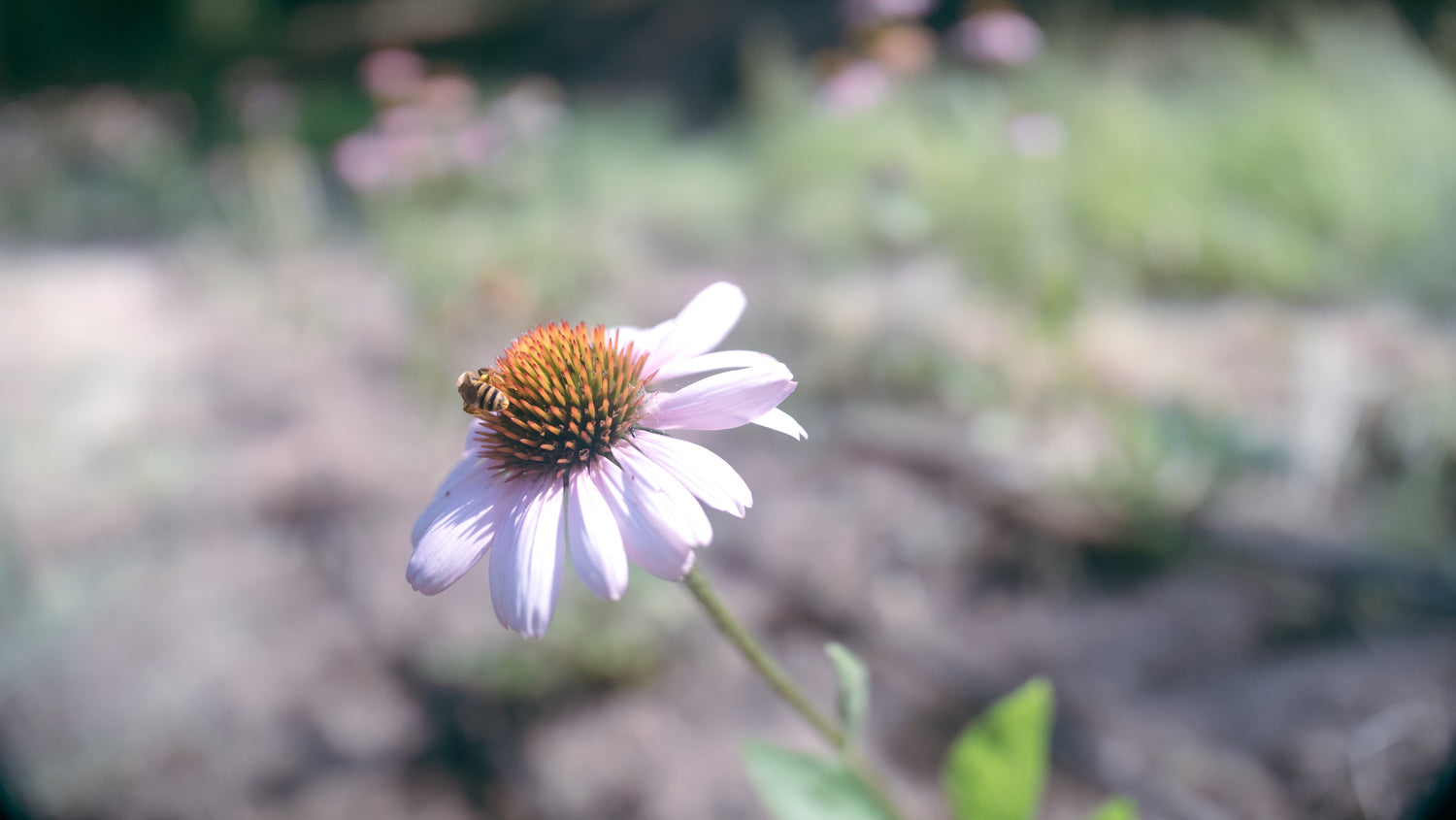
What is Homeopathy for Allergy Relief?
Homeopathic remedies for allergies are an increasingly popular alternative treatment option for those seeking relief from symptoms such as sneezing, runny nose, watery eyes, and congestion. This holistic approach involves using small doses of natural substances to stimulate the body's self-healing mechanisms, based on traditional homeopathic practice.
Why Use Homeopathic Medicine for Allergies?
Homeopathy operates on the principle of “like cures like,” meaning a substance that causes symptoms in a healthy person can, in small doses, treat similar symptoms in a person who is ill. This concept is central to its application in treating allergies, offering a natural and gentle approach to managing symptoms, despite the lack of accepted medical evidence.
 Respiratory
Respiratory
 Stress & Sleep
Stress & Sleep
